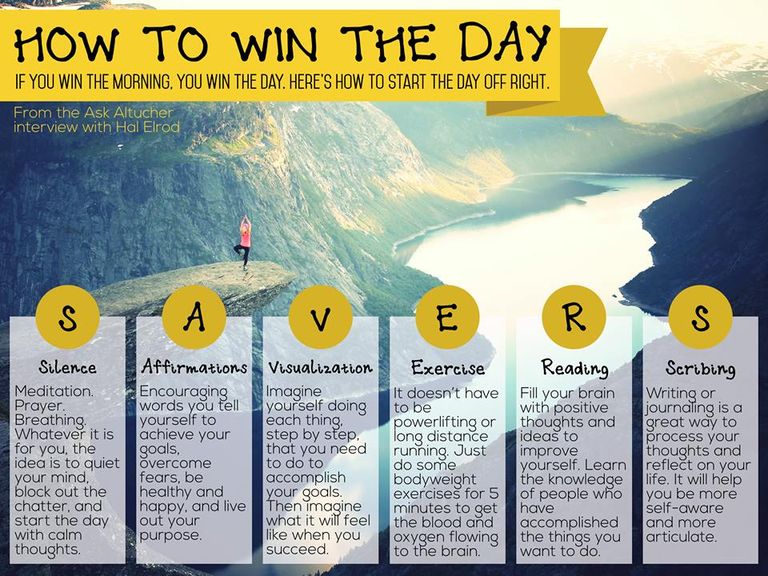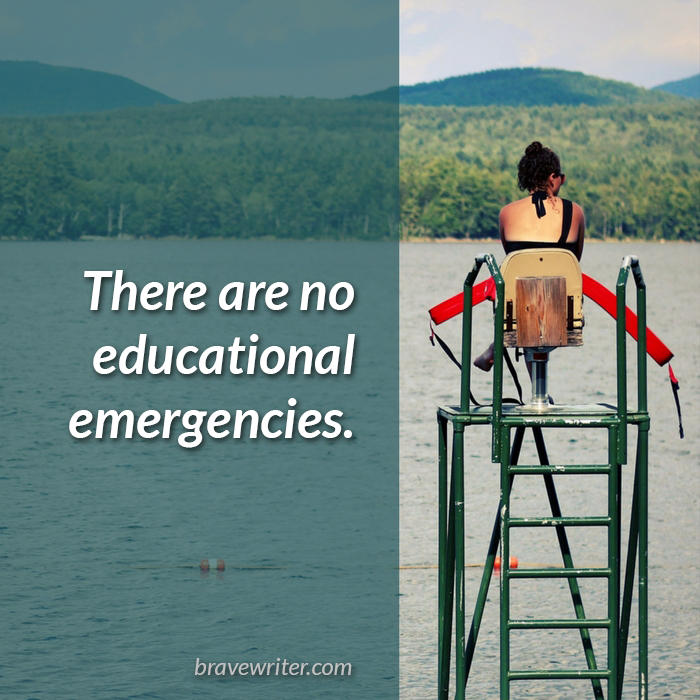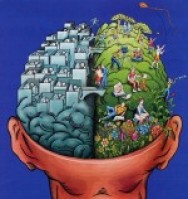My most popular conference workshop is the one I entitle “Understanding Your Right-Brained Child” where I share what type of learner this is and within what learning time frame they easily advance, and with what style of learning they flourish. Inevitably, someone will approach me distressed feeling they have messed up their child for having not known (and wondering why schools and teachers don’t know since that’s where most of us are taught what learning looks like). I remember one woman in particular. Her son was 12-13 years old and she wondered if it was too late for her son to benefit. She mentioned he hated learning and resisted everything she tried to do with him. I asked her what his interests were. She shared he wanted to spend any free time he had learning magic. He even had started a small business doing birthday parties. He was happy doing magic. Her extended family came from a background that highly valued college. She felt torn and sad and stuck.

As we sat down, I challenged her this one idea: “What would happen if you continue down the path you are currently on? How do you think your son will feel at 18?” She replied that she felt he would continue to be miserable. The relationship would be strained. He might want to leave as quickly as he could. I then asked, “What if you chose to let him pursue whatever he wanted, including and especially magic, until he was 18? How might you think your son would feel at 18?” She agreed that she thought at least he would be happy and in solid relationship with her. You might think this was a big leap of faith for me, but I then said, “I challenge you to take a year off, six months minimum, and let him pursue what he wants with full support. Minimize exterior pressures. I promise you that by the end of that time, but probably by six months, he will be open to you to slowly begin the formal academic add-ins I discuss in my Collaborative Learning Process. I promise you that if you can have that faith, no lasting damage will occur; but, in fact, he will flourish beyond your expectations.”
This brave mother agreed to the challenge feeling she had nothing to lose. She did ask if she could come visit me in my home to see what that feels like in action. I agreed. (Another family years later did the same thing. Yes, come see humans in their natural habitat, ha!) Six months later, we talked, and she was so excited to report that by about three months, he was ready to add in slowly a new way of being educated. Most importantly, she kept the balance of my 60/30/10 principle: self-directed pursuits being 60% of his day and formal academics (which includes parent mentoring time) being about 30% of his day (2-3 hours of formal work) with 10% left for family activities, eating, and chores. He began to flourish and love to learn again. He even began to choose some of the formal learning as I predict in my stages of learning.

I share this story because it clearly highlights the idea that there are no educational emergencies. We have gone through pandemic emergency on-line learning back in the spring (of 2020), and we are now anticipating more on-line learning for the fall (of 2020). I hear many laments of “our children are now behind” because of the less than stellar ability to jump into online learning seamlessly. As parents consider what to do for the fall, there are continued concerns of “I don’t want my children to fall behind.” Recently, I heard one long-term homeschooler caution the rest of us not to “try to convert parents” to homeschooling if they are intending to go back into the school system, but to recommend to those parents to “do school at home” or continue working with the school programs so as to “not fall behind” or to stay with the same structure for “consistency.”
I am not here to convert anyone. I am here to lighten your emotional load with good news! I am here to share another perspective. One I have seen positively happen consistently in homeschooling over many years of counseling, leading, and consulting, and one I have seen consistently in my creative learning center I run today. There are no educational emergencies. People learn and grow despite formal education.happening or not. If you are here reading, then you care about the education and growth of your children. You will provide a nurturing and stimulating environment at home just as you did to help them learn to walk and talk as babies.

Deep, meaningful, self-directed projects result in far more learning than anything I ever assigned. The knowledge gained from this type of learning often ends up stored in long-term memory. Why? Because meaningful studies get connected to a myriad of associative neurons that are required to learn from self-directed work. They hook on to the existing foundational knowledge. Assigned paperwork or readings often get stored in short-term memory because it is being poured into a person and it is hoped some of it sticks. Think of a pail with holes. We fill it fast enough to get to the test to see if it can be recalled before it leaks out of the holes. Can we create a work ethic to some level with this style of learning? Sure. As for learning, all we have to ask is how much we remember from school that we no longer use. Or why the game show Who’s Smarter Than a Fifth Grader? is so interesting to contemplate. There are no educational emergencies.
Am I saying “do nothing?” Of course not. What I am saying is everyone is very stressed. This pandemic has not been easy on anyone, including your children. I am saying that if you take a year and do something very different than how school does things, it could actually be a refreshing reset in your child’s outlook on learning that gets them excited again through developing a growth mindset. I have had various teens pulled out of middle school and placed in my creative learning center. We do not replicate school here. Some stay out for a year for a soft reset. Others have stayed out several years for a longer reset. Each that has entered back into school, placed at their age equivalent (and some a bit higher), have done just fine back in the school environment, receiving the same level grades (or better) than when they were at their best there.
Simply by getting older, maturing, and experiencing life raises our intelligence. Why is it that we have to take two years of generals in college before getting into the specialty we signed up to pursue? Because they want us to have two more years of maturing and raising our intelligence overall. So, what can this different way of raising our children’s intelligence look like that can also give everyone a much needed soft reset?
- Thomas Jefferson Education has a great list of seven key elements for inspiring young people to pursue a quality education for themselves. The one I will highlight is to structure time, not content. Create space for your young people to learn to be creative and innovative again. How many young people come to my learning center having forgotten how to pursue an interest! Give them that gift by giving them time.
- The First Amendment highlights the most important American attribute: our voices! Create ways for your child to develop their own voice, opinions, and ideas. Value family discussions around the dinner table, or stories shared. Encourage creative writing of their own choosing. Bring in living books and relevant topics to expose young people to a variety of perspectives and let them form their own opinions and share it. Give space for young people to debate and assert themselves respectfully.
- Some of the most successful people do one thing we all can do: read! It doesn’t matter what you read. Remember that whole “increase your intelligence?” Yeah, reading does that, no matter what it is! Give value to everything: magazines, online articles, pleasure books, information books, biographies, classics, historical fiction, comics, it all counts! Reading aloud to your child(ren) or a young person listening to audio books also counts!
- Learning how to connect with oneself is something not actively taught, yet is so important for happiness and confidence. Actions like silence, visualization, and affirmation can really set up a person to know what they want, who they are, and where they want to go. The self-help book, The Miracle Morning was a great catalyst for me to focus these ideas into my life that can also benefit children. I adapted it for my learning center such as using inspirational quotes for affirmations and yoga for silence and exercise, and you can adapt it, too (a parent does just this and created a new acronym called CHARMS).

- We have learned as never before how important being outside in the fresh air is for mental and physical health. There are so many benefits to being outside that can also be part of a great education. Take learning outside and do hands-on science experiments, observe, sketch, write, and ponder. Move with sports, games, yard work, hikes, and exercises. Family relationships can be strengthened in our own yards and learning is fostered.
- For math take this time to really understand concepts versus get through the material. Step away from the textbook habit and pick some concepts your child just didn’t get when they were learning in school. Here are some math resources suggested by various parents that matched their creative learners. For young learners, I shared how my math son came to be proficient in a three-part series starting here. For various math concepts, look at the Key to series or Math on the Level or just have them do five problems a day of something (you’d be surprised how much is retained by just taking away the quantity).

I assure you that there are no educational emergencies. Taking a year to do something different, recover and reconnect, honor relationships and security can be an exceptional educational foundation. Giving value to creativity and self-direction, finding and using your voice, connecting deeply with yourself and nature, and seeking out meaningful learning resources can promote soft skills (perseverance, innovation, patience, empathy, emotional intelligence, flexibility, problem-solving, dedication, etc.) you had no idea are crucial for future success. Not only may you find that you are not “behind,” you may discover, like the mother in the opening story, that you end up way ahead of the game when you take some time to reset and reevaluate what constitutes learning. It also might mean you fall in love with a new way of learning and continue. Or not. Either way, there are no educational emergencies. You have time.
If you benefited from this content, please consider supporting me by buying access to all of my premium content for a one-time fee of $15 found here. This will even include a 50% off e-mail link toward a copy of my popular The Right Side of Normal e-book (regular price is $11.95)!






